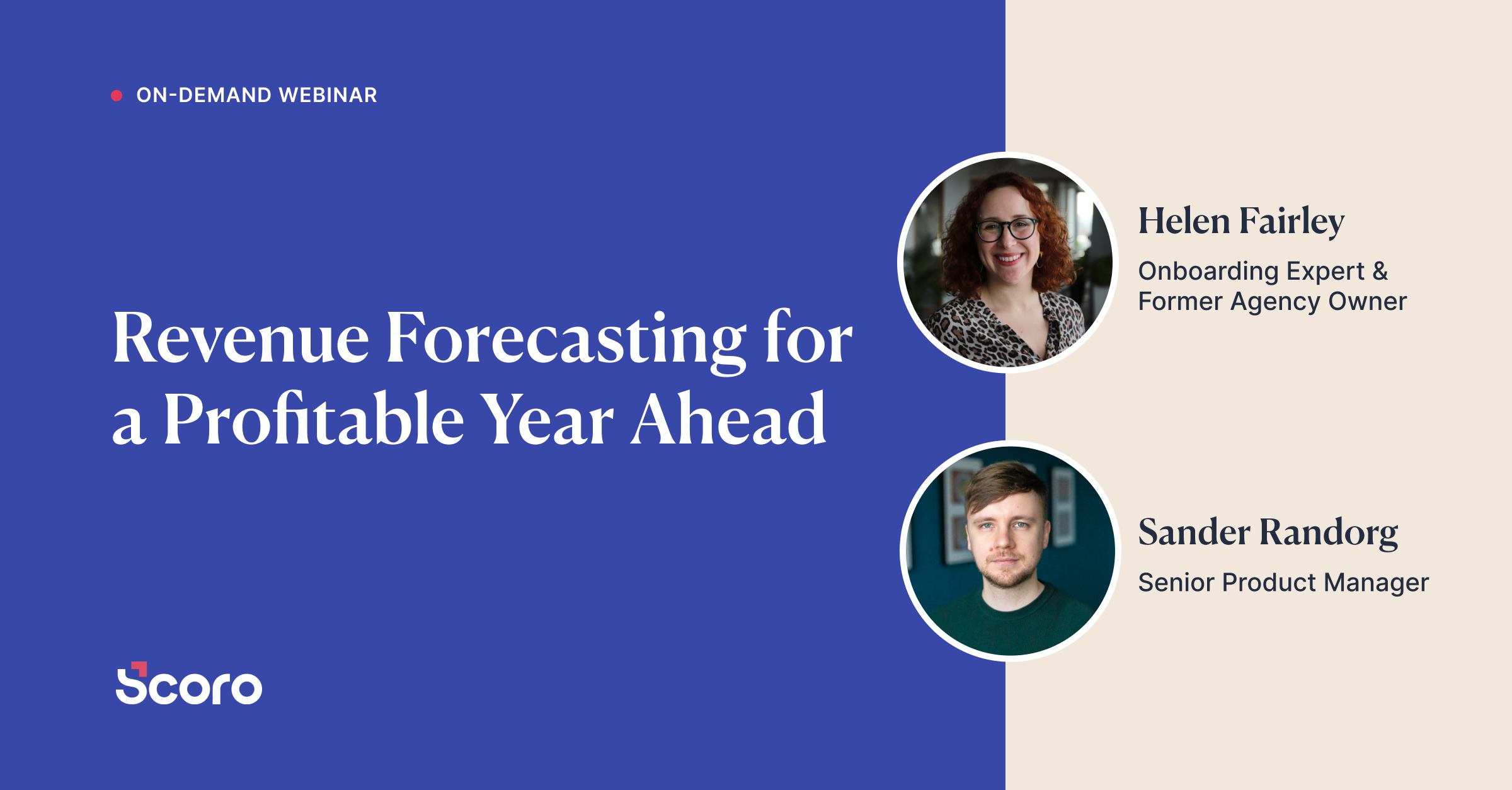How to Choose the Right Marketing Deliverables?
Whatever field you work in, whether it’s product development, marketing, or web design, you’ll hear talk about ‘deliverables’. Initially, you might write it off as an example of unnecessary corporate jargon. However, a deliverable is something very definite and concrete. It has a specific meaning and is a crucial aspect of any project or marketing campaign that you should be familiar with.
In this post, we’ll explain what marketing deliverables are and discuss the different types of deliverables you might want for your next project, as well as give you a few tips on how to choose the right ones.
What Are Marketing Deliverables?
Very simply, a marketing deliverable is any output that’s created by a marketing campaign.
Anything can be considered a deliverable as long as it
- contributes to the overall objective of the campaign;
- is the result of deliberate work;
- has been agreed upon with internal or external stakeholders.
A common misnomer is that a deliverable is always the final output of a marketing campaign, but that’s not always the case. It can also be any output created along the way to achieve the campaign’s objective. That’s why there are usually several deliverables at each phase of a campaign or project. They can stand alone as unrelated milestones, but more often than not, they’re dependent on the completion of other deliverables, with each having its own deadline.
Setting the deliverables for any project or marketing campaign is crucial, as it helps you see the bigger picture of your campaign and ties the project’s progress to its objectives. However, having a way to track and manage your deliverables is equally important.
Scoro’s project management software enables you to set, prioritize and track deliverables. You can track your campaigns against those deliverables and see your progress on a single dashboard so you can focus on what’s important. You can also get a detailed overview of your planned and completed activities at any time, so you know exactly where you are and what needs to be done.
The Different Categories of Marketing Deliverables
The broad nature of marketing deliverables means they can fall into different categories. That includes
- internal and external deliverables
- tangible and intangible deliverables
- process and final deliverables.
Internal and external deliverables
Internal project deliverables are shared with the key stakeholders within your business and not with clients. They are typically measured in terms of time and results.
An example would be a keyword research document that you create to help you target a client’s digital marketing campaign. This document won’t typically be shared with the client, and its success will usually be measured by the results it helps to generate.
External deliverables are those that are agreed upon and shared with your clients and will typically require their approval before you continue with the rest of the campaign. External deliverables are more likely to be measured in terms of the revenue they generate.
The adverts you create as part of an online advertising campaign for a client is an example of an external deliverable. They will be shared with clients, and their success will be measured by the revenue they generate.
Tangible and intangible deliverables
Tangible deliverables are physical or digital objects that can be touched or counted. For example, a tangible deliverable could be a marketing brochure for a client to send out to its customers.
Intangible deliverables are measurable outcomes for a project rather than something that can be seen or touched. An intangible deliverable could be a certain number of leads or new end-users that the marketing brochure generates.
Process and final deliverables
Usually, there are several deliverables within the scope of a project, made up of a combination of process and final deliverables.
Process deliverables are the smaller outputs produced during a campaign or project to help you reach your final goal. These “stepping stone” deliverables will usually have to be approved by internal or external stakeholders before the project can proceed, such as a website mockup.
Final deliverables are the end-goal deliverables of a project. They outline the entire scope of a project’s work, as per the client’s specifications, and are tested and signed off by the client. An example would be a completed website.
How Do I Know What Marketing Deliverables My Business Needs?
Defining the most appropriate marketing deliverables for a campaign can be more difficult than you might think. That’s because there are many factors to take into account.
For starters, you have to think about the client’s overall goals and the resources and budget to achieve them. Then, you have to find a middle ground between client expectations and a realistic outcome.
Here are a few tips to help you produce marketing deliverables that get that balance just right.
1. Ask the right questions
Before you get bogged down in the details of the project, it’s important to zoom out and get an overall view of what the client wants to achieve.
Asking your clients the following questions will help you get a better idea of the project deliverables that you’ll need to produce:
- What’s the purpose of the project?
- What does the client hope to achieve?
- What do you need to produce to meet the objective?
- Do you have the resources and budget to produce the deliverables?
- How are you going to produce the deliverables?
2. Define the requirements for each deliverable
Once you have answers to all of those questions, the next step is to think a little more deeply about the details of each project deliverable. A good starting point is to ask the client to list their requirements for the project.
From that, you can assess whether you can meet those requirements and prioritize them in order of importance. If you decide that you cannot meet specific requirements, then now is the time to discuss that openly with the client.
3. Break the deliverables down into tasks
Once the marketing deliverables have been established, you can then break them down into the tasks that need to be completed and by whom. This is where an experienced project manager can work their magic.
Breaking the deliverables down into bite-sized chunks enables project managers to establish a timeline for the project. It also helps them to consider whether the deliverables are feasible given the resources and budget available.
Read on: Six Steps to Creating the Perfect Project Plan
4. Assign critical metrics
How are you going to measure the success of your project deliverables? The answer is to work alongside the stakeholders to assign the metrics that will give you the clearest idea of the project’s progress and whether you’re achieving your goals.
This is an important stage of the process as it helps align the clients’ expectations with what you think is achievable. You should work alongside the clients to make sure they understand and are happy with the marketing metrics for the project deliverables.
Complete transparency at this stage will help to avoid disappointment further down the line.
Read on: 10 Key Marketing Metrics Your Business Needs to Report on
5. The review and approval stage
Once you’ve decided what deliverables you’re going to produce, one stage that’s often missed is thinking about how those deliverables will be reviewed and approved.
Without planning, this stage can easily spiral out of control and affect the cost and quality of your deliverables. That’s why it’s important to think about how long the approval stage will take and what the process will look like if changes are requested.
Are You Using The Right Tools?
Project deliverables should be well-defined, attainable, measurable, clearly communicated, and realistic. However, when working on deliverables for internal and external stakeholders, it can be tricky to share key updates and keep everyone on track. That’s where the right project management software can help.
Scoro makes it easy to share important updates, adjust your project timeline, and get a quick overview of your deliverables and their performance against key metrics on a real-time dashboard.
Critically, you can also plan and track project progress by defining phases and milestones. That ensures you know exactly what goals and activities need to be completed for each deliverable you produce.
Sign up today to start your free 14-day trial.


